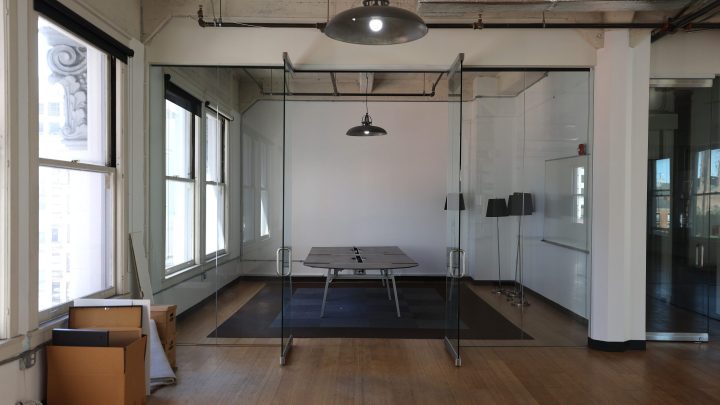
New study examines the viability of turning empty office blocks into homes
New study examines the viability of turning empty office blocks into homes

There is a housing affordability problem in this country. There is also an office vacancy problem in this country, as many people continue to work from home.
And there’s a lot of talk these days about turning vacant offices into apartments.
A new working paper out this month from the National Bureau of Economic Research found that between 10% and 15% of office buildings in the United States are suitable for apartment conversion — adding more affordable housing, bringing more people into downtowns and cutting carbon emissions.
But these projects aren’t cheap, and it may take government incentives to make them happen.
One question the authors of this paper wanted to answer: Does converting offices to affordable apartments make financial sense for developers?
Arpit Gupta, an associate professor of finance at the NYU Stern School of Business, said he and the other study authors came up with a model to determine this based on the deteriorating value of vacant office buildings.
“If the building value does in fact deteriorate as much as we think it has in many cities, then conversion can pencil out,” Gupta said. But the margins are tight, so he said subsidies would help.
Cities are already losing tax revenue on vacant office buildings, said Jeffrey Havsy, a specialist in commercial real estate at Moody’s Analytics.
“Because there are fewer and fewer or no tenants in there, the tax receipts for that local municipality continue to decline,” Havsy said.
So if a state or local government offers tax relief to a developer, in order to turn a building into apartments, bringing people into the area, “that geographical location becomes a better, a more vibrant economic area,” he said. “And that overall can raise the tax revenue for the municipality.”
Incentive programs are already happening in places like Chicago, Washington, D.C., and California. And there’s a push on Capitol Hill for federal tax breaks for apartment conversions.
“If you spur conversions by a little bit of help from the federal government, you can make a big difference in a lot of communities,” said Aquiles Suarez, a lobbyist for NAIOP, the Commercial Real Estate Development Association.
Suarez is pitching members of Congress on a 20% tax credit for developers’ conversion costs. He said legislation to do that could be introduced in the fall.
There’s a lot happening in the world. Through it all, Marketplace is here for you.
You rely on Marketplace to break down the world’s events and tell you how it affects you in a fact-based, approachable way. We rely on your financial support to keep making that possible.
Your donation today powers the independent journalism that you rely on. For just $5/month, you can help sustain Marketplace so we can keep reporting on the things that matter to you.

















